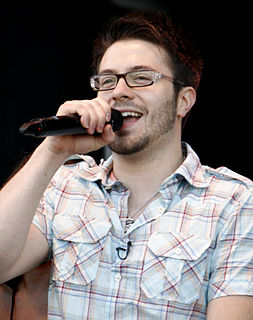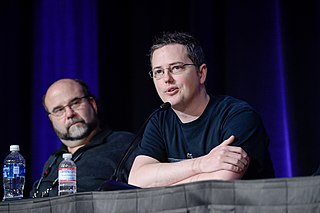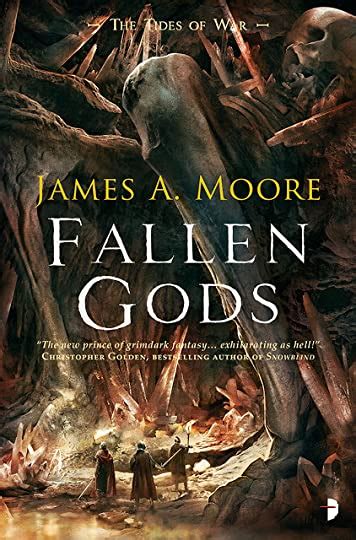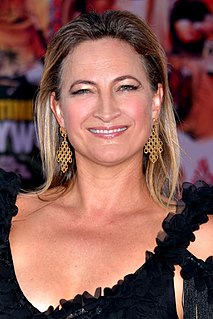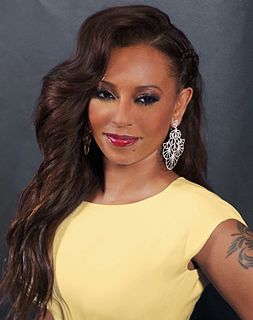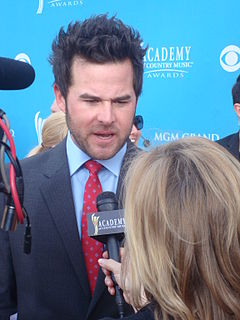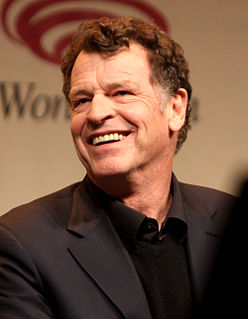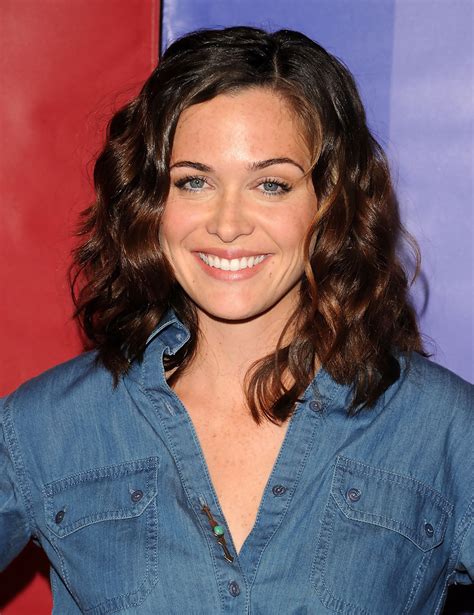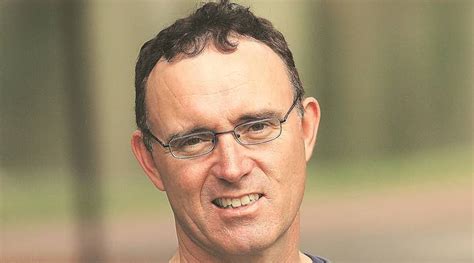A Quote by Danny Gokey
I really believed music was going to be a big part of my future, and that's why I took a truck driving job, so I could maintain my singing job at night. I put about 30 hours a week just for singing, going between two churches. And in order to afford that, I had to take a full time job so I could do my passion.
Related Quotes
I've always loved music. I wasn't one of those "composing since I was five" kids, but I was definitely involved with music since I was that age - singing in musicals and taking lessons. Lots of lessons! Singing, dancing, acting, drums set. My mom pretty much had a full-time job carting me all over town six days a week.
To retire by the age of 35 was my goal. I wasn't sure how I was going to get there though. I knew I would end up owning my own business someday, so I figured my challenge was to learn as much as anyone about all businesses. I believed that every job I took was really me getting paid to learn about a new industry. I spent as much time as I could, learning and reading everything about business I could get my hands on. I used to go into the library for hours and hours reading business books and magazines.
Economics works great for planning your life when you don't have a work passion, since we tend to assume that your job delivers only money and you trade off job hours with leisure hours. If you think your job will just be a job, pick one that pays well per hour and leaves you some time off, even if the activity of the job is boring.
I started singing in coffeehouses when I was still in high school, in Santa Barbara. I took a job washing dishes and busing tables in the coffeehouse, so I could be there, and would beg permission to sing harmony with the guy who was singing onstage. That was the first time I ever got on a stage in front of people.
My mum enrolled me in this free dance class because I had so much energy in the night-time, and she just wanted me to go to sleep. I ended up falling in love with dancing, singing, acting, the whole entertainment world. Then, my mum ended up taking on an extra job so she could fund me to take singing lessons or go to drama classes.
Think of an economy where people could be an artist or a photographer or, eh, a writer without worrying about keeping their day job in order to have health insurance, or that people could start a business and be entrepreneurial and take risk but not be job-locked because a child has asthma or someone in the family is bipolar. You name it. Any condition is job-blocking.
I started as a drummer, so I sort of took on singing duties by default. I had sung backgrounds and some lead vocals from behind the drums in different bands that I'd been in, and I'd gotten great responses for the songs I would sing. I really started pursuing the possibility of being a lead singer based on the fact that I was working a full-time restaurant job and then playing gigs at night, hauling drums around. One day, it just dawned on me that, 'Hey, I could be in a band and be the singer, and it would be a lot easier!'
If you've never been on anything before, they're not going to take a risk and give you a huge job 90 percent of the time. There are exceptions to that. I certainly wasn't an exception to that. I had to pay my dues big time, but I wish somebody would have explained, 'Look, your job is not to get work. Your job is to get better.'
I come from a school of people, folk singers, and the tradition there is troubadours, and you're carrying a message. Admittedly, our job is partly just to make you boogie, just make you want to dance. Part of our job is to take you on a little voyage, tell you a story.But part of our job is to communicate the way a town crier did: It's 12:00 and all is well, or it's 11:30 and the whole Congress is sold. It's part of the job.
